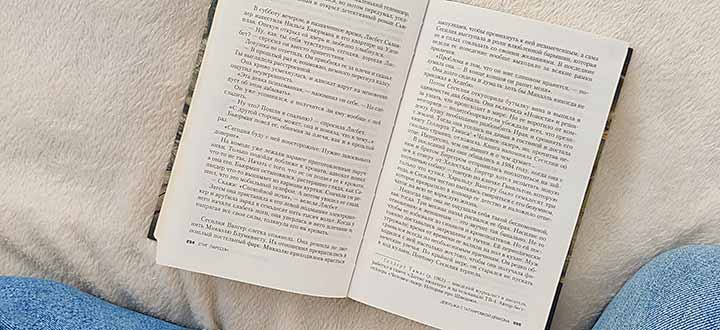如何区分be shocked that…与be shocked when…
2024-11-27 11:22:59 学考宝 作者:佚名
问题描述
我分不清 be shocked 后面是接 that 从句还是 when 从句。比如:
She was shocked _____ she found out she was pregnant.
A. that B. when
老师答疑
刘老师:
关于这个句子,选择when或that,都正确。也就是说,把“发现怀孕”看作震惊的“时间”或“原因”都能讲得通。
但并非所有的情况都如此,关键是看主从句的关系。例如,以下句子只能使用其中一个:
Everyone in the street was shocked when they heard the news. 听到那条消息时,街上所有的人都震惊了。(在消息内容不得而知的情况下,最好使用when)
I'm shocked that you should reject her like that. 你那样不接受她令我震惊。(我震惊的原因,已经很明了,这时不宜使用when)
蒋老师:
我觉得最佳答案是 B。
be shocked 后接that从句,表示原因;后接when从句表示时间。比较:
She was shocked that she was pregnant. 她很震惊,因为自己怀孕了。
She was shocked when she found out she was pregnant. 当她发现自己怀孕了时,她很震惊。
再比较下面的句子:
I was shocked that she didn’t invite Phyllis. 她没有邀请菲莉丝,我感到吃惊。
Neighbours were shocked that such an attack could happen in their area. 竟有这样的暴力行为发生在这一地区,邻居们大为惊骇。
Many people were shocked when the movie was first shown. 这部电影第一次放映时令许多人感到震惊。
Everyone on the street was shocked when they heard the news. 听到这个消息,街上所有人都感到震惊。
陈老师:
我分不清 be shocked 后面是接 that 从句还是 when 从句。比如:
(英语语言思维:先说结果,在叙述导致这个结果的原因;汉语语言思维:先原因后结果)
She was shocked _____ she found out she was pregnant.
A. that B. when
答案为A最佳答案,(B答案只能说不算错)以上为典型形容词宾语从句
(1)结构为:主语+系动词be+形容词+that 引导的宾语从句(表示一种原因)
(备注:这个结构属于“that 从句所叙述事件会引起主语具有某种情绪/情感”,换句话,从句所描述/陈述事件是导致主句具有某种情感/情绪的原因。主句受that从句影响会被动产生某种情绪.这种情绪有高兴,伤心,难过的,激动的,吃惊的,这种结构主句谓语通常是一些表示情态/情感状态的形容词。)
(that从句本质"陈述一个客观事实",如果放在形容词后是用来说明这个"形容词"发生原因)
I am very happy that you will visit me tomorrow.
我很高兴,你明天将会来看我。
I happened to be out when you came to visit me .
当你昨天来我看望我的时,我碰巧出去了。
I was shocked that he could be so careless.
他竟如此粗心使我感到震.
No one should be shocked that the United States and other countries engage in spying.
美国和其他国家都从事间谍活动,这谁也不应感到惊奇。
(2)结构:主语+谓语+其它+when引导时间状语从句
(备注:这个句子结构描述的“主句主语在when引导从句所指的时间会自动产生某种动作行为,句子谓语通常为行为动词。主句的谓语动作属于主观意识上自动产生的。)(时间状语从句本质"表示/描述/说名主动动作所发生的时间")
They stood respectfully when he entered the room.
当他走进房间时,他们都恭恭敬敬地站着。
Iron will melt when it is made very hot.
当铁烧得很热时就会熔化的。
Often she will weep when she is alone.
她一个人时常哭。
When he comes I'll tell him to fetch the police.
他来的时候我将让他去喊警察来。
When the weather is good,I usually go to the country.
若是天气好的话,我总是到乡下去。
He sold it for 10 dollars when everyone else sold it for12.
别人卖12元,他却卖10元


















